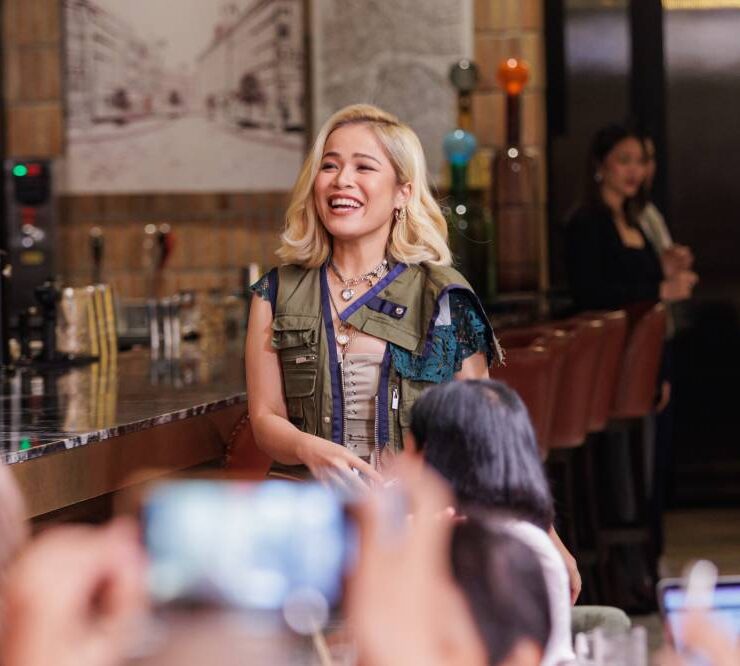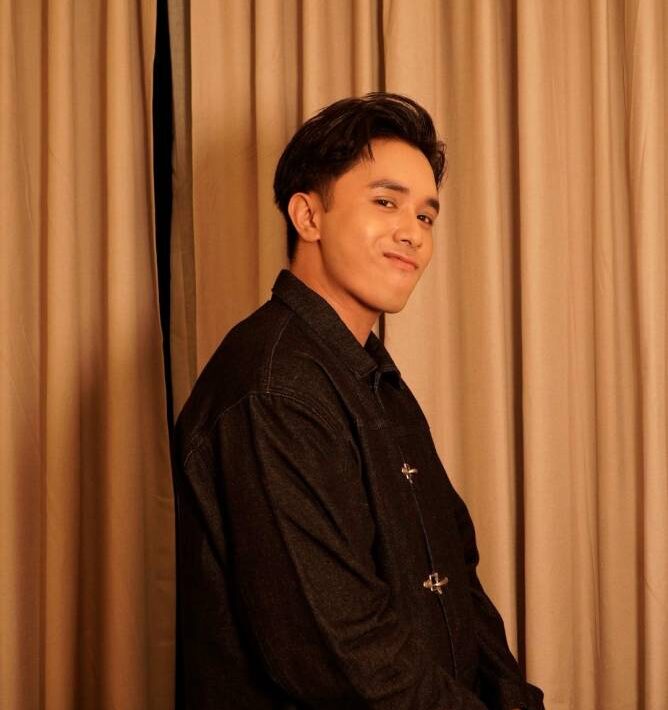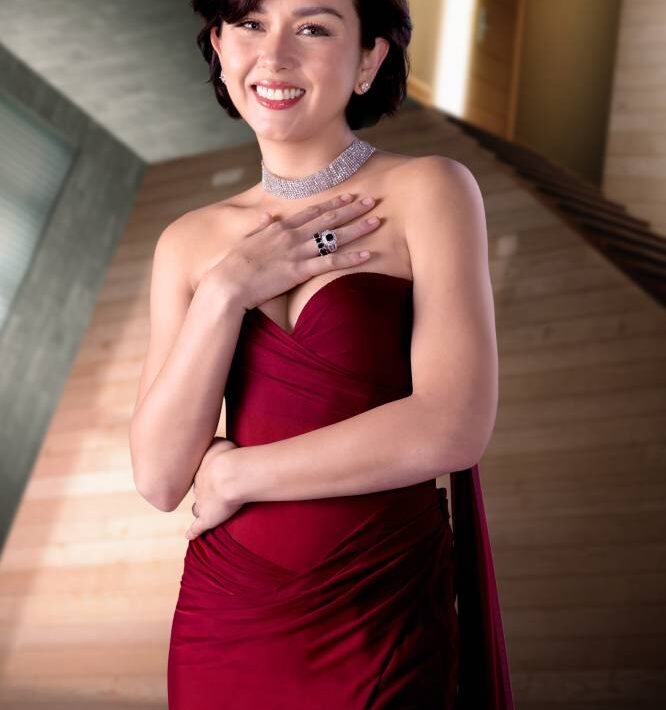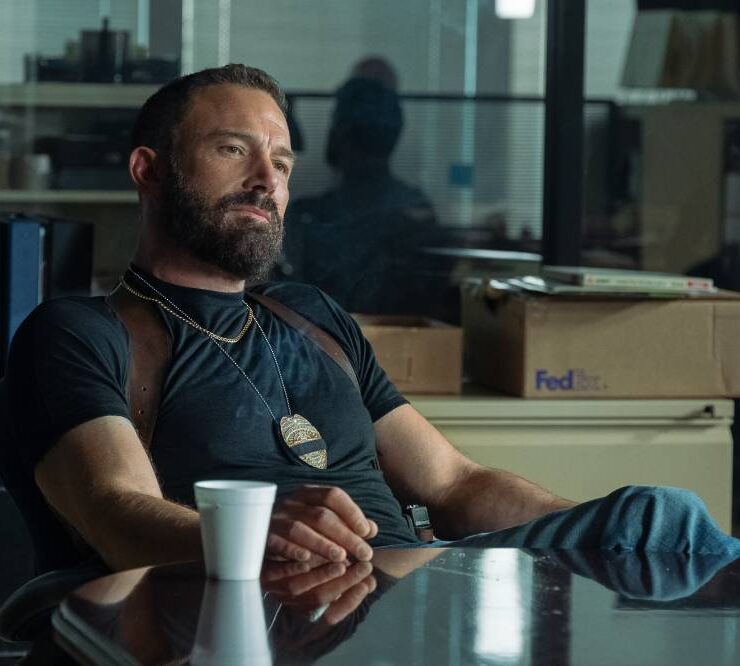On the set of ‘Bar Boys 2:’ Director Kip Oebanda talks about mentors and hope
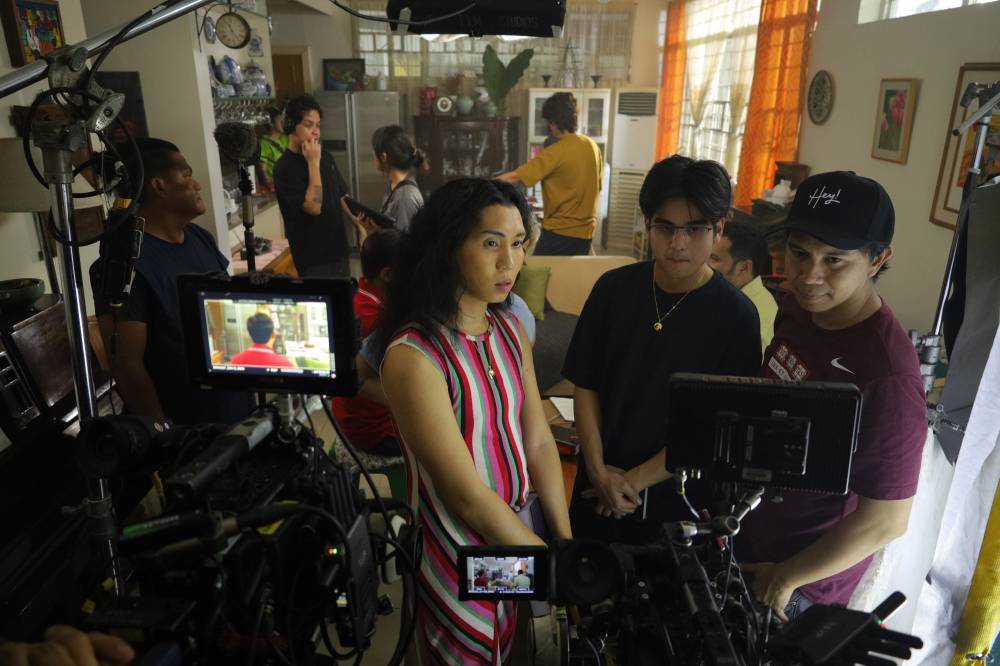
It was a late afternoon in Manila. A small crowd had gathered around Luneta Hotel as a film crew prepared an extremely tricky shot. The whole building has been appropriated by the movie production, and director Kip Oebanda plans to make full use of it. How? With one shot that starts in the alley beside the hotel and then through the entrance, up all five floors of the building.
That one shot will be used near the last one-third of the film to show how all the characters are interconnected as they prepare for the “bar ops,” or the support for the bar exams. The cast are hanging out in the green rooms, while some are having publicity shots in a suite-turned-photo-studio.
The rest of the crew are setting up and preparing for this monumental shot. This is the set of the sequel to the hit film “Bar Boys,” tentatively called “Bar Boys 2: After School.”
It’s the 14th shooting day of their 16-day shoot. Oebanda is in good spirits. He sits down to talk with me about the upcoming film, making political movies that resonate with the audiences, and finding hope.
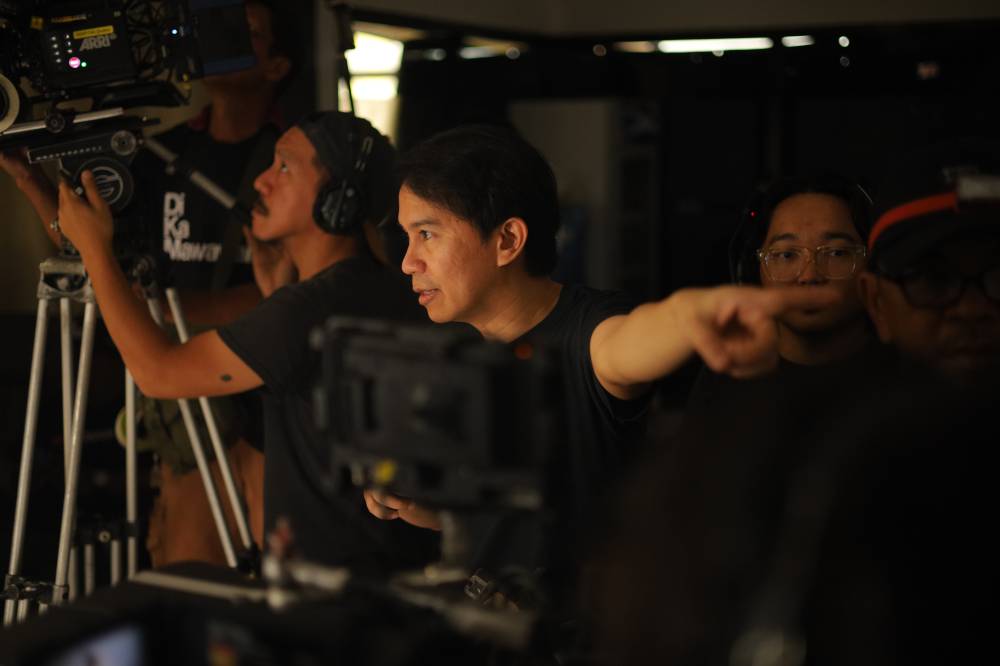
The first movie had an ending. It ended. Did you imagine having a sequel? How did the sequel come about?
So matagal na ako sinasabihan ng mga tao para gumawa ng sequel, but I never took it seriously. For me, the film closed. When we started to shoot this film, the first film was nine years ago, and it premiered eight years ago. The catalyst was, really, two things. Back in 2017, may isang lawyer. Kaka-pasa lang niya sa bar exams at nag-post siya sa Facebook. Sabi niya, “I’m a lawyer now because of ‘Bar Boys.’” Seven years daw siya nag-aral sa law school and he was writing scripts in between. When he saw the film, he decided to take the bar—just once—and pumasa siya.
Later, the same lawyer, during the pandemic, went viral. He became viral because he posted a picture with farmers at ang bayad nila sa kaniya ay talong at mani.
We realized [that] it was the same lawyer. Nasabi namin, may ambag din ang pelikula namin sa lipunan. He became a pro bono lawyer, serving the community and the farmers. And he’s a lawyer for PISTON. So sabi ko, “What an inspiring story. Our film… naka-inspire ng isang lawyer na nakakasilbi sa bayan.”
He shows up in this film. The basis of all the characters shows up in this movie by design.
That’s the first. The second catalyst [happened] a year ago or two years ago. Yung mentor namin ni Zig Dulay, in scriptwriting, si Bing Lao… passed away. When he passed away, yung nag-alaga sa kaniya [ay] ang mga estudyante niya. At that point, doon na nag-float yung idea ng sequel.
[It’s] those two incidents talaga. The emotional reason is that I wanted to do a tribute to mentors—a tribute to people who pass on their wisdom to a new generation.But between 2017 and 2025, ang dami nang nangyari sa Pilipinas. By writing these characters and putting them into film again, what were the things you wanted to use them to talk about?
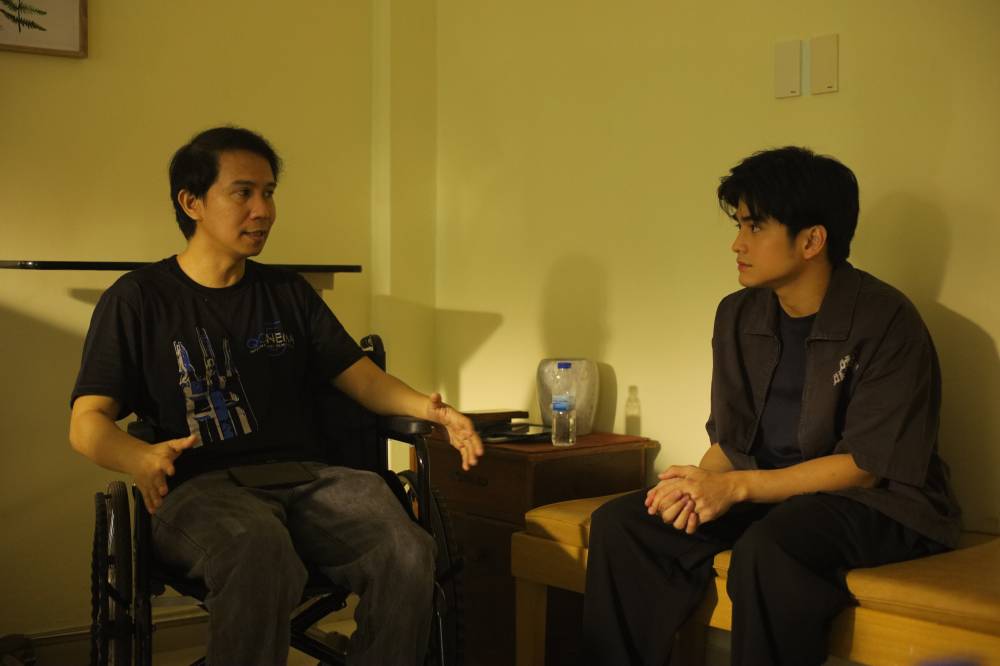
From 2017 to 2018, while I was making “Bar Boys,” I was developing my first Cinemalaya film, “Liway.” Since that happened, marami pang nangyari sa lipunan. And in 2022, I had a year-long depression.
I understand. [“Liway” is a personal film that Oebanda wrote about his mother, an rebel leader who was captured and gave birth to the director while in prison during Martial Law].
For very obvious reasons. So naramdaman ko yung intensity ng hopelessness sa future ng Pilipinas. Slowly, as I recovered, I realized that—it was during a conversation with Sir Ricky (Lee) kasi eh—medyo mahirap gumawa ng hopeful film when ikaw ‘yong naghahanap ng hope.
But sabi ni Sir Ricky, “we don’t only do films for ourselves. Baka naman, ibang tao ang makahanap ng hope through your films.”
It got me thinking, philosophically, [that] a lot of the things we are fighting for are long-term battles. Intergenerational battles—a better society, a more equal Philippines, [and] justice for all. It won’t be all achieved in one lifetime.
Paano natin siya itutuloy kahit may mga natatalong laban in our generation? The way to do that is to teach and to learn. The way to keep the fire burning, as we say in the script, is to pass the flame. And so, yan ang mare-reflect sa idea ng film.
That’s why central now to the story is Odette Khan as the aging mentor.
What’s it like coming back and working with this cast after eight years? Obviously they’ve grown and you’ve grown. There have been changes.
Majority of the cast… I worked with on purpose. I really wanted this to be a reunion film. Rhyza is here, Sassa is here, [and] Will is here. People I’ve worked with… my directing style requires a bit of an adjustment. I tend to give my actors a lot of responsibilities and on set, ginugulat sila.
I’ll tell one actor to do something and another actor to do another thing, and not tell them. And I’ll let it play out. So ang mga ito… sanay na sila, kaya na nila i-level up. The performances have leveled up because they know my method already.
So for the first four boys, [the original cast], nakikita mo yung reflection ng reality of the script sa kanila. They’re like, “Yeah, that really happened to me in my 30s,” “When I became a father, I felt the same,” or “No’ng umangat ako sa industriya, the feelings are the same.” The feelings the cast [felt] are the same in the script because the fights you fight for in your 20s are not the same as the battles you fight in your 30s.
Sometimes, your drive for achievement in your 20s leads you to an existential battle in your 30s, especially in a capitalist world that tends to consume your youth. Dinaanan nila ‘yan—the heartbreak, the grief, the disappointment, the triumph, the inspiration, the growing—that only life can teach you. So ramdam na ramdan ‘yong pages ng scripts ang passage of time.
Actually, the script is about time—the passage of time—kasi if it’s about the passing of the torch from one generation to the other, it happens over a period of time. The writers were very conscious na i-reflect ang pagbabago. And you can see that in the cast. In 2017, all male. Now my LGBTQIA+ ka, may babae ka. Then you’ll see the transformation of how I build characters as well. So, nagbago din ang craft.
I would never attempt a shot like this in 2017. Hindi pa ako ganoong ka-confident. Pero ngayon, kapal na ng mukha ko.
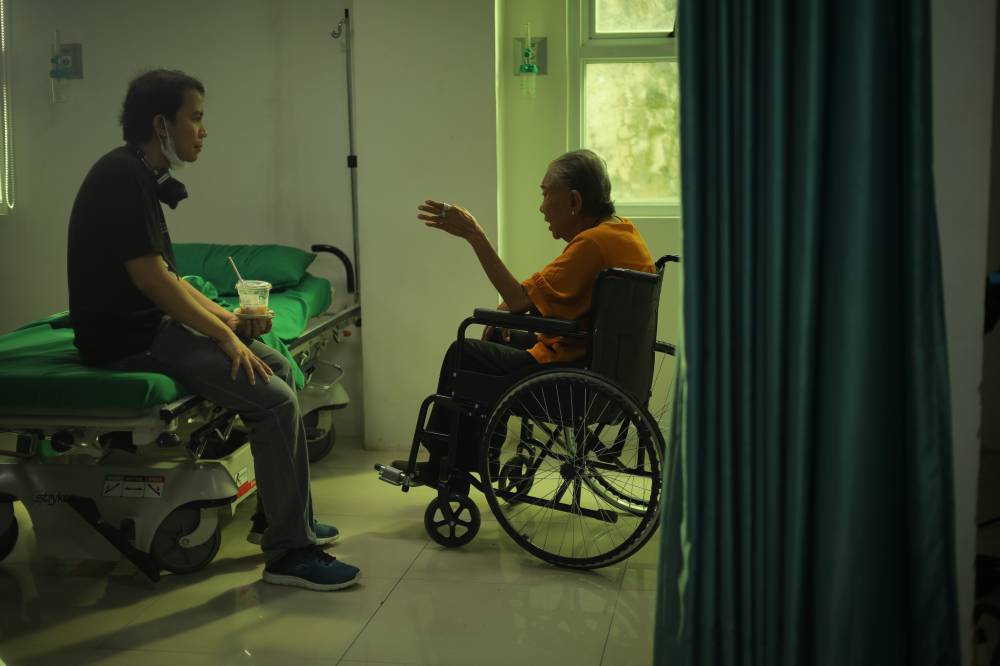
Tell us about this shot you’re doing.
Nag-gaganito na akong shot—multiple floors, limang eksena, [all] in one take. I wouldn’t do that pre-pandemic.
But now, I have the audacity that comes with “Ang dami ko nang nagawa. Ang dami ko nang nasubukan.” And then sila [the actors]… ang dami din tinuro sa kanila ang buhay, lumalim din ‘yong craft [nila]. Hindi nila sinukuan ang craft eh. And so, they kept learning. They’re much better. Significantly better than when we first worked together.
So that’s exciting for me. Especially Odette. She’s even better here. The editor [even calls it] “A performance of a lifetime.” I’m so excited for people to see it.
















